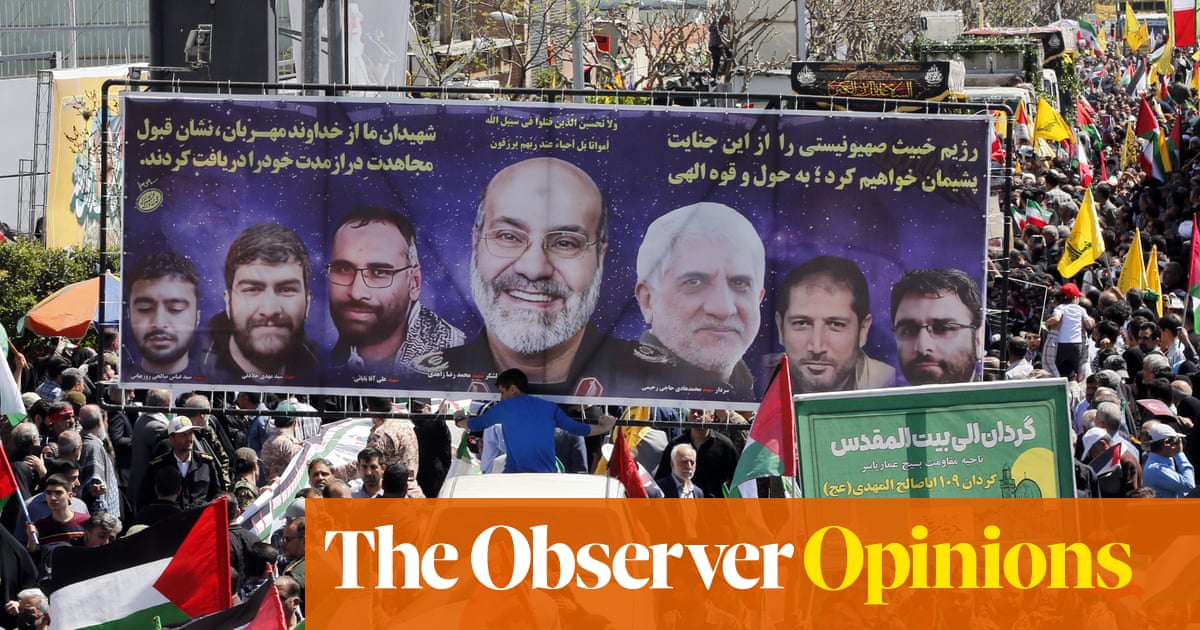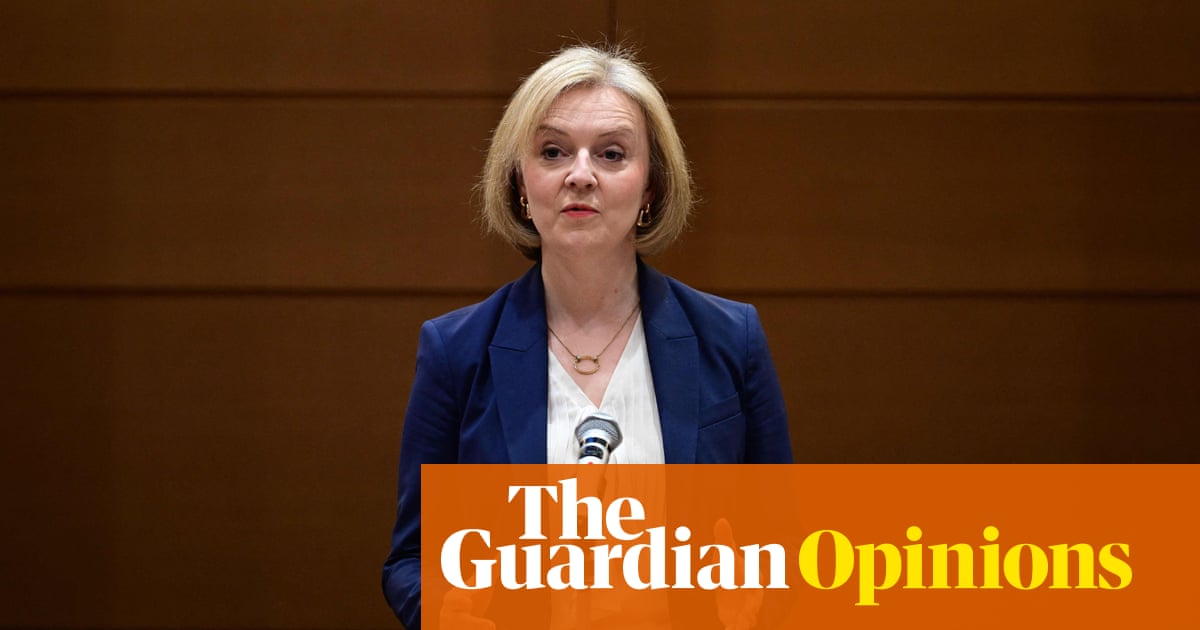
In today’s lawless world, political assassination is the new growth industry – and anyone, famous or not, is a potential victim. Government-sanctioned killings are proliferating, with Russia, Israel, Iran and India leading the pack. While lone gunmen and crazed zealots still pose random threats, state-organised, premeditated assassination plots are being normalised and popularised. Murder Inc is going global with a licence to kill.
The assassination business was mostly a superpower monopoly during the cold war. US- and Soviet-directed operations targeted high-profile figures such as Cuba’s Fidel Castro, Chile’s Salvador Allende and Yugoslavia’s Josip Broz Tito. Some “hits” were more notorious than others. In 1940, a member of Stalin’s secret police, the NKVD, assassinated the dissident Bolshevik leader Leon Trotsky in Mexico City with an ice-pick. Who shot Sweden’s prime minister Olaf Palme in 1986 is still disputed.
Nowadays, what might be called Julius Caesar syndrome no longer applies. It’snot necessary to be prominent or powerful to fear the assassin’s knife. Police say a hit squad that stabbed Pouria Zeraati, an Iranian opposition journalist, in London last week has fled abroad.
Last year, a pro-Russia, Ukraine-born blogger, Vladlen Tatarsky, died in a mystery explosion in St Petersburg. Israel has targeted obscure Iranian nuclear scientists and, since 7 October, Hamas leaders, both high and low.
Assassinations are often dressed up as respectable counter-terrorism. This is a byproduct of the post-9/11 US-led “global war on terror”, which effectively legitimised state murder. Osama bin Laden’s assassination in 2011 is the best-known case. The deaths last week of top Iranian military commanders in an unlawful attack in Damascus fit this category. If Israel admitted responsibility, which it does not, it would probably say it was eliminating a terror threat.
Terrorism, real or imagined, coupled with the modern shibboleth of “national security”, is now routinely used to excuse or justify blatantly criminal acts – as in Gaza, every day.
In 2020, the US assassinated a senior Iranian general, Qassem Suleimani, in Baghdad with zero regard for international law. Russia excuses its killing of Chechen separatists by demonising them as bloodthirsty terrorists. In Somalia, US drones arbitrarily strike “militants” at will.
Narendra Modi’s India has adopted this lethal sophistry, allegedly targeting Sikhs overseas whose political views it dislikes and opponents based in Pakistan.
One infamous incident in Canada last June involved the shooting, 34 times, of Sikh separatist Hardeep Singh Nijjar. Sikhs in Britain were warned by police in January that their lives were at risk.
“If these allegations are substantiated, they reveal India’s extraordinary entry into a club of nations that use homicide to advance their international and domestic agenda, and show how political assassinations have come back into vogue – and are no longer the exclusive domain of the world’s superpowers,” wrote Justin Ling in Foreign Policy.
Annoying a powerful political figure is enough to get you killed, anywhere in the world. In 2018, the journalist Jamal Khashoggi was murdered in Istanbul on Saudi royal orders.
In February this year, a Russian pilot who had defected to Ukraine was assassinated in Spain. He was shot six times, then run over by a car. Russian-made bullet casings were left lying around – a crude warning to others.
The threat posed by lone individuals remains potent. In 2022, Shinzo Abe, a former Japanese prime minister, was killed by a man with a personal grudge; and an assailant sporting Nazi tattoos tried but failed to shoot Argentina’s vice-president, Cristina Fernández de Kirchner.
Disrespect for politicians and a coarsening of public discourse contribute indirectly to the normalisation of political violence.
In the UK, the suggestion by a leading Conservative donor that the leftwing MP, Diane Abbott, “should be shot” vividly illustrated the dangers. In 2016, Labour MP Jo Cox was assassinated by a far-right extremist. In 2021, Tory MP David Amess met a similar fate.
In the US, death threats are commonplace. Former house speaker, Nancy Pelosi, former national security adviser, John Bolton, and the supreme court justice, Brett Kavanaugh, all survived assassination plots in 2022.
Presidential hopeful Donald Trump’s vilification of opponents plainly encourages violent retribution. Infuriated by Gen Mark Milley’s actions following the 6 January Capitol Hill riot, he said the then chairman of the joint chiefs of staff deserved the death penalty. Nor did Trump disown rioters’ calls to “hang Mike Pence” (his own vice-president).
“Such language dehumanises political rivals and may in turn demystify the act of killing them,” warned Jacob Ware in The Hill.
While the phenomenon of political murder is nothing new, it’s spreading and expanding worldwide. “Whether conducted by a hit squad, poisoned toothpaste or an armed drone, extraterritorial assassinations have become a tool for security policy, geopolitics and domestic repression,” Ling noted.
Thus, for instance, a Kremlin emboldened by years of unpunished killing sprees abroad murdered jailed opposition activist Alexei Navalny in February, partly to intimidate supporters at home.
State-ordered assassinations have many motivators: the insecurity of those in power, ideological extremism, religious bigotry, social media conspiracy theories, revenge, or a tyrant’s diktat.
Common denominators are the failure of conventional politics, collapsing social and moral standards – and contempt for the law. Impunity is rampant. Joined-up transnational legal mechanisms are weak or absent. Despite calls for tougher, UN-led action, killer regimes rarely face serious long-term consequences. In an age favouring “strongman” leaders, homicidal ruthlessness is an image-booster. And there’s another reason why assassination as state policy thrives.
Even when committing the most outrageous acts, Russia’s Vladimir Putin and other habitual covert killers benefit from an unwritten international convention: presidents, prime ministers and supreme leaders don’t kill each other. Not usually, anyway.
So when it’s said people at the top get away with murder, better believe it’s true. Metaphorically, legally and explicitly, they really do.
Simon Tisdall is the Observer’s foreign affairs commentator












